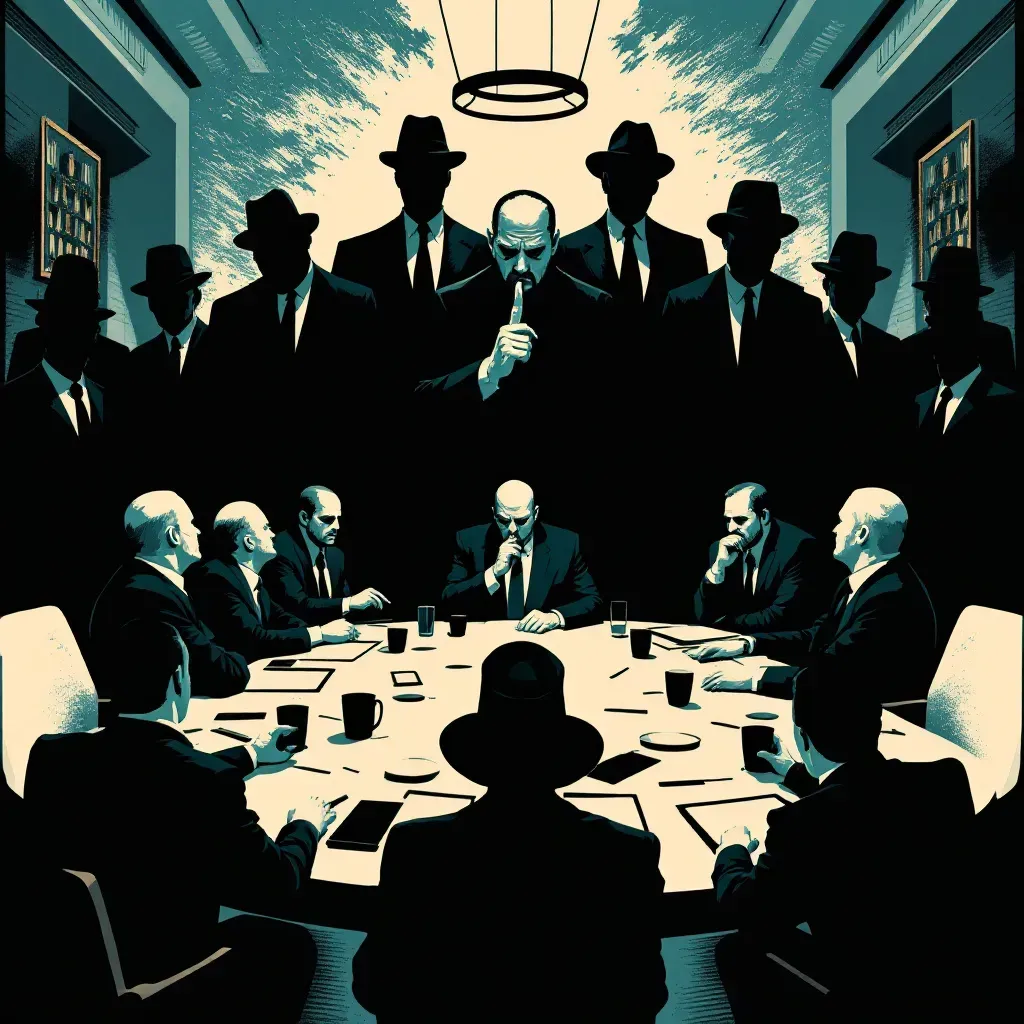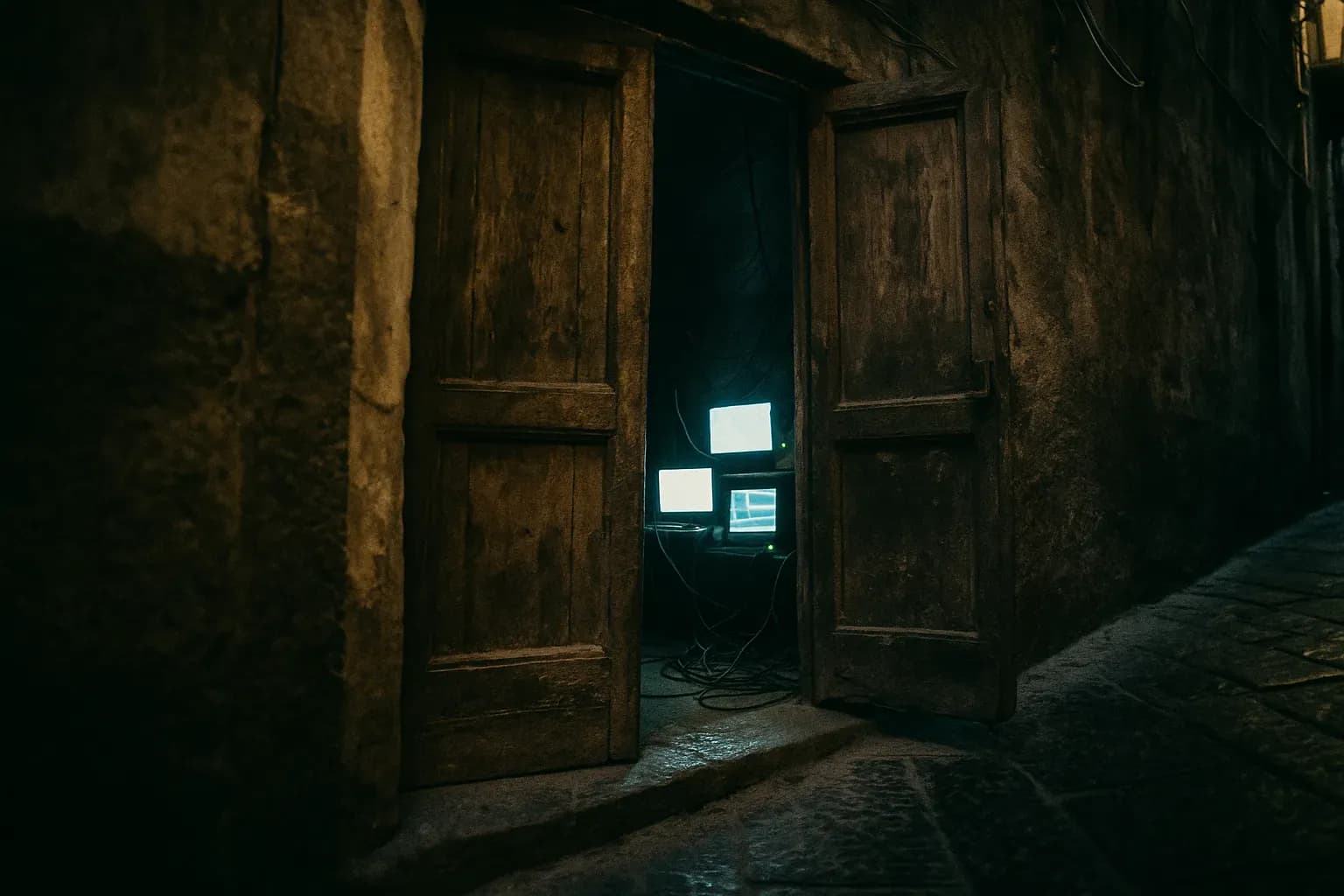
Mafia
Hierarchy, omertà, and the invisible power of organized crime
Discover the mafia's closed world: From rigid hierarchies and brutal violence to the code of silence (omertà) that challenges investigators worldwide.
Hierarchy, omertà, and the invisible power of organized crime
What defines mafia: Hierarchy, violence, and Omertà law
In true crime, "mafia" refers to a specific type of organized crime characterized by a strictly hierarchical criminal association. These organizations operate according to their own internal laws and systematically use violence and threats as key tools to achieve and maintain power and financial profit. Regardless of geographical origin or specific designation, mafia-like groups are typically characterized by a strict command structure, strong loyalty bonds, and a deeply entrenched culture of silence – known as 'omertà'. This code of silence makes effective investigation and infiltration extremely difficult for authorities. Their criminal activities are wide-ranging, from traditional areas such as extortion, illegal gambling, loan sharking, and drug trafficking to advanced forms of financial crime, including extensive money laundering through legal business fronts and systematic corruption of officials and politicians.
Mafia's shadow: Constant threat, difficult to combat
A thorough understanding of the mafia's structure, methods, and culture is crucial within the true crime genre, as it highlights the complex challenges law enforcement faces in combating organized crime. The mafia's ability to operate covertly, instill fear in society, and undermine the rule of law constitutes a persistent and serious threat. Stories about the mafia often reveal the systemic vulnerabilities that enable these organizations to grow, as well as the personal tragedies and ethical dilemmas that follow in the wake of their brutal actions. Unraveling these criminal networks requires enormous resources, lengthy and often dangerous investigative operations, and courageous witnesses who dare to break the imposed silence of omertà.
Global struggle: Mafia's adaptability, need for cooperation
The continued existence and evolution of mafia-like organizations globally underscore the ongoing relevance of analyzing and understanding their dynamics, impressive adaptability, and the profound negative impact they have on society. The fight against these powerful criminal networks is an extremely complex task that constantly challenges legal systems worldwide and necessitates close international cooperation to effectively combat this transnational form of organized crime.
How does the mafia operate in practice? Explore cases of extortion, international drug trafficking, and the fight against omertà. Delve into real-life mafia cases – find our fascinating cases below.









.webp&w=3840&q=75)




